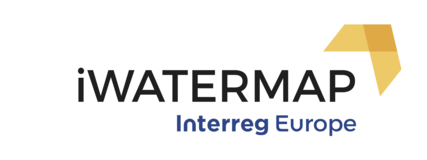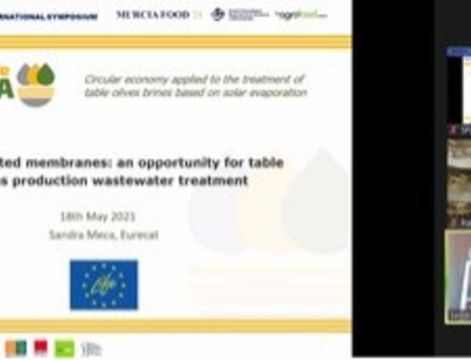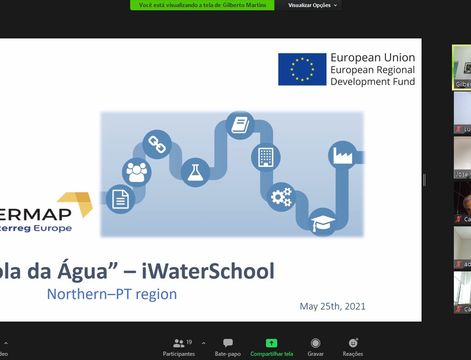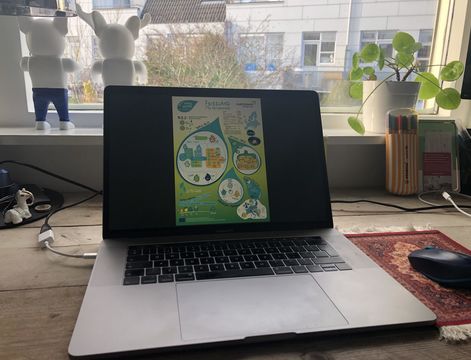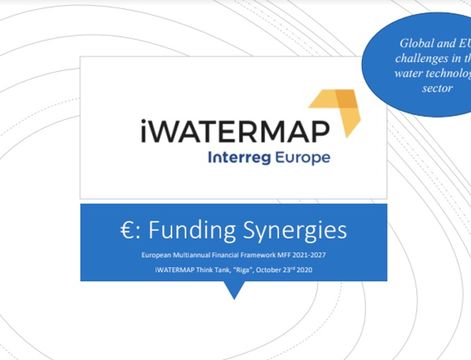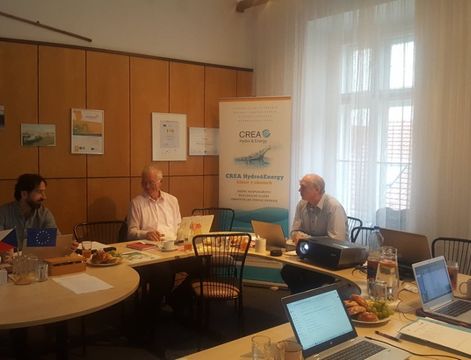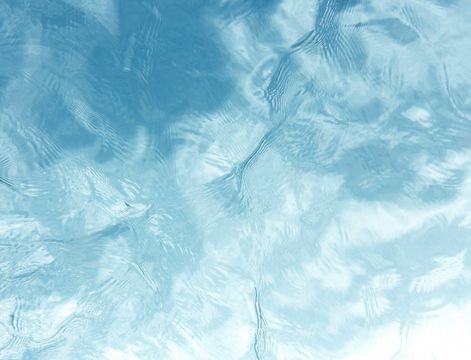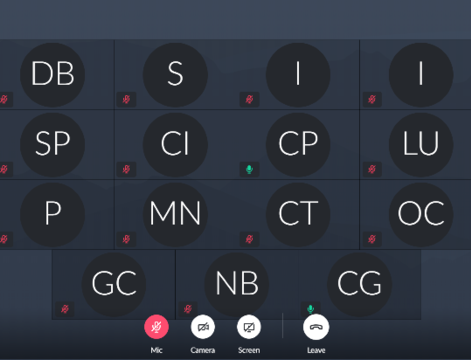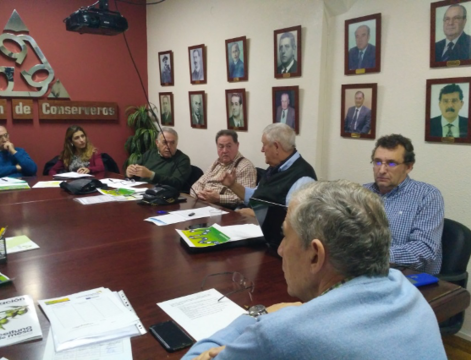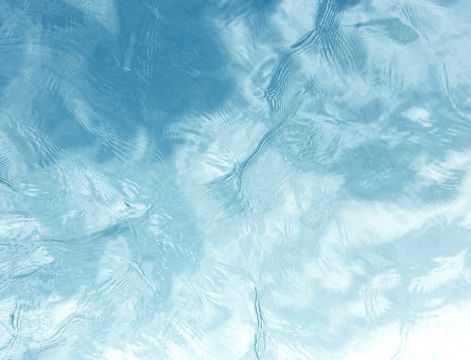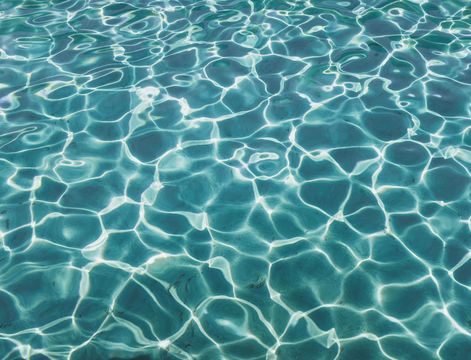The meeting started by summarizing the main activities carried out under the scope of iWATERMAP, and by presenting the first version of the Innovation Roadmaps for Critical Mass, Human Capital and Internationalization. From the discussions generated the following comments/suggestions/conclusions emerged:
1 - It was clarified how the critical mass evaluation exercise was performed. It was explained that the self-assessment was the first task of the project and it was based on the available information regarding scientific publications in the area of water and water technology, as well as on the identification of ongoing projects (regional, national, international), patents, water companies, start-ups, etc., in the Northern region. It was also highlighted that a new critical mass assessment exercise is being performed (to update the initial diagnosis).
2 - During the presentation of the next tasks, the audience was invited to help in the identification of good practices, particularly those that resulted from European funding (ERDF funds). Based on Interreg Europe roles, only the ones with European funding will be considered as good practices, however, it was mentioned that others practices could be identified, and if considered relevant (depending on the framework), could also be appointed. All good practices should be in the area of water. Other good practices related to sludge, leachate and manure could be considered if the focus area is the Water.
3 - Following the previous point it was suggested to prepare a questionnaire aiming the identification of good practices, which will be distributed to stakeholders.
4 - It was also suggested to add the International Iberian Nanotechnology Laboratory to the stakeholders list, especially because there are common projects with CEB/UMinho.
5 - Under the Roadmap for Internationalization it was proposed that it would be positive for the region to have a representative office in Brussels. Most stakeholders agreed with the idea. VentilAQUA also reinforced that to increase the visibility of the regional companies the region could bet more in trade fairs participation. However, this could imply a large investment.
6 - It was also proposed that the Water Technology Innovation Roadmaps could consider a measure to promote the creation of new Spin-offs and/or Start-ups. The volatility of Start-ups was discussed, but it was concluded that it would make sense if they were part of a mature cluster, with the support of both universities and large private companies.
7 - The importance of education/training was emphasized to increase critical mass in the area of water and water technology innovation. All stakeholders agreed that there is little critical mass in the area of water/environment, despite the fact that environmental concerns have been increasingly on the International Agenda. Young people need to feel that this area has a future. For that, the actions, the strategies and target ages should be intensified and reviewed (for example focus on the school years that implies a study area decision by the young students). It was also highlighted that CEB/UMinho is already implementing many of these actions, either receiving students at the university (including travel expenses supporting) or going to schools. However, these actions must be intensified.
8 - The need for VET schools with technical courses related to water and water technology, with a strong practical component, was once again reinforced. In fact, Águas do Norte shared that it is their intention to develop an academy to train their technicians. It is important to create intellectual capacity in the water area, as an alternative to the existing model (which basically makes use of equipment/technology suppliers and has low analytical capacity and critical sense).
